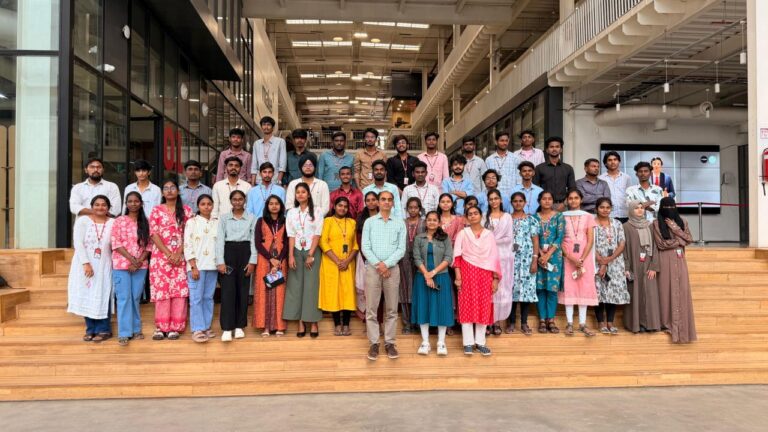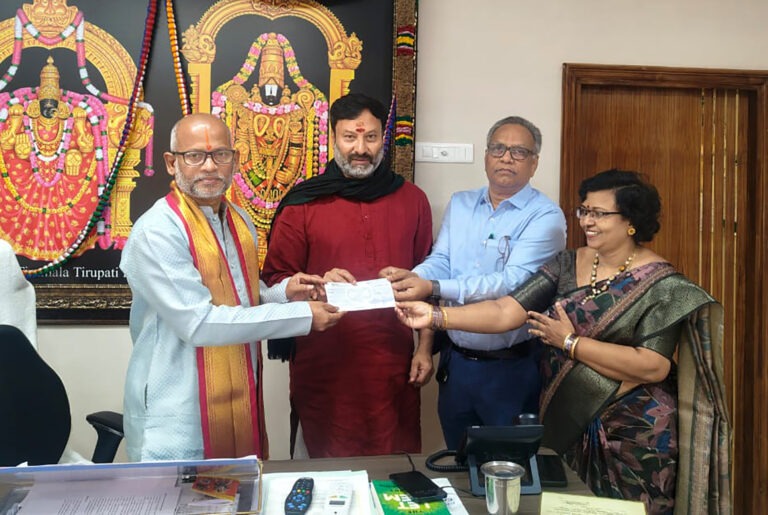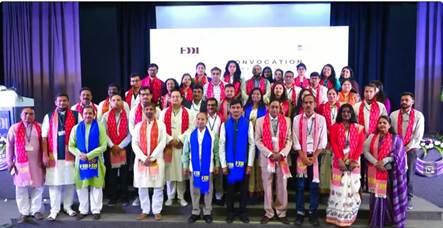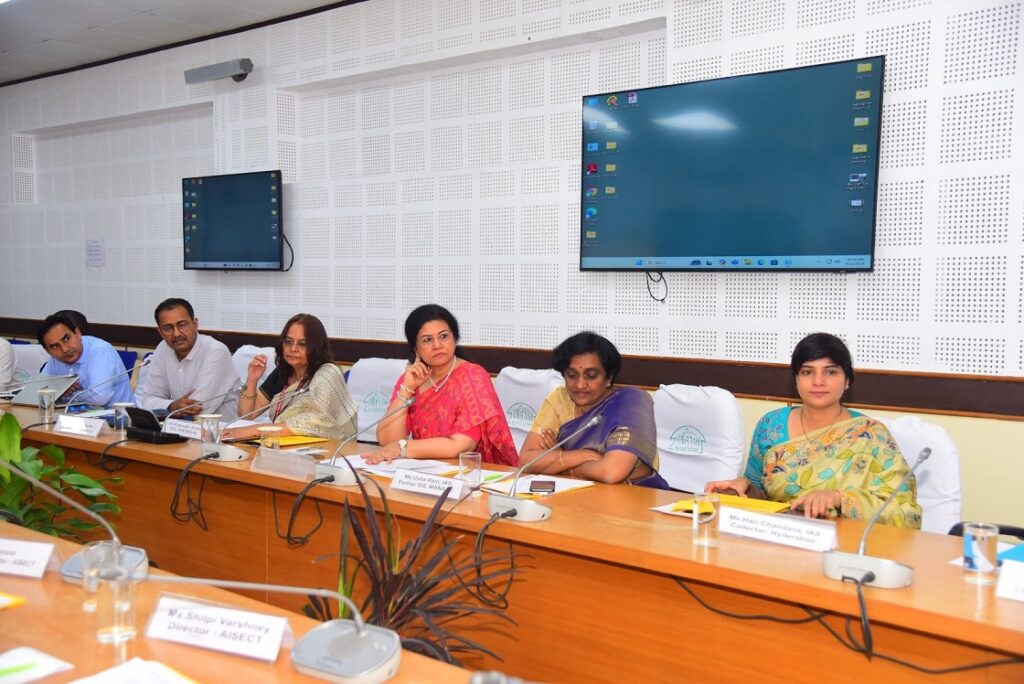
HYDERABAD, SEPTEMBER 11, 2025: The two-day National Workshop on Skilling Rural India: Strategies for Inclusive Growth and Livelihood Generation, organised by the S.R. Sankaran Chair of the National Institute of Rural Development & Panchayati Raj, Hyderabad, began here on Wednesday.
The workshop aims to align demand-side skilling needs with real economic opportunities, mobilise financial and institutional support for scalable skilling models, leverage technology and innovation to bridge access and efficiency gaps, and promote inclusive and sustainable approaches to livelihood development.

At the inaugural function held at SK Rau Conference Hall on the NIRDPR campus, Dr Jyothis Sathyapalan, Chair Professor, S R Sankaran Chair (Rural Labour), welcomed the participants and dignitaries. Dr Partha Pratim Sahu, Associate Professor & Head, CEDFI, NIRDPR, talked briefly about the objectives of the workshop.
Ms. Sumita Dawra, Former Secretary, Ministry of Labour & Employment, Government of India, delivered the keynote address. Thanking Dr G. Narendra Kumar, Director General, NIRDPR, for his support in hosting the workshop at the Institute, she said skilling should be complemented by infrastructure development. Asking whether we could scale up and replicate skilling and leverage the benefits despite numerous schemes, she said the creation of digital infrastructure, digital economy and knowledge economy holds significance.
Dr Poonam Sinha, Director General, NIESBUD, and Ms. Hari Chandana, District Collector, Hyderabad, delivered special addresses. Ms. Usha Rani, Former Director General, MANAGE, Dr.Preet Deep Singh, Vice President, Apna Co, Ms. Sita Pallacholla, CEO, WeHUB, Telangana, among other dignitaries, are attending the workshop.
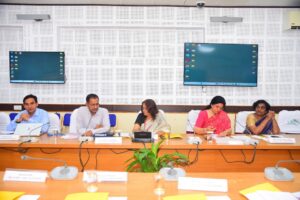
The technical sessions on the first day included Demand Side Analysis – “What Skills Does Rural India Really Need?, Resource Mobilisation – “Funding Pathways for Rural Skills” and Innovation Support – “Tech-Enabled Rural Livelihoods”. It was followed by interactive workshops.
The second day features group presentations, synthesis & action planning, based on the three-pillar integration lab, stakeholder commitments, and roadmap for pilot implementations.
The workshop is conceptualised around three interlinked tracks—demand, resource mobilisation, and innovation—focusing on inclusivity, financial access, institutional engagement, and technology-driven solutions for rural livelihoods. By combining gender-sensitive skill development, participatory resource mobilisation, and ICT-enabled market linkages, it seeks to create a holistic framework for sustainable and inclusive rural development.
This workshop brings together representatives from the MoRD, MoPR, MSDE, NRLM, academic institutions and think tanks, incubation cells, start-ups and technology platforms, civil society organisations, etc., to explore actionable strategies under the nine key thematic areas: Demand-Side Analysis: What Skills Does Rural India Really Need?; Resource Mobilisation: Funding Pathways for Rural Skills; Innovation Support: Tech-Enabled Rural Livelihoods; Inclusivity and Gender Equality; Financial Inclusion and Access to Credit; Multi-Level and Multi-Stakeholder Engagement; Market Linkages and Value Chain Development; Cluster and Area-Based Approaches, and Use of Technology and Digital Innovation.
About the S.R. Sankaran Chair
The S.R. Sankaran Chair on Rural Labour at NIRDPR was established to advance research, training, and policy dialogue on issues concerning rural labour and employment. It focuses on labour rights, social security, migration, and the changing nature of rural livelihoods in the context of inclusive development. Through fellowships, studies, and capacity-building initiatives, the Chair seeks to generate evidence-based knowledge to inform policies for strengthening the welfare of marginalised and vulnerable workers.

